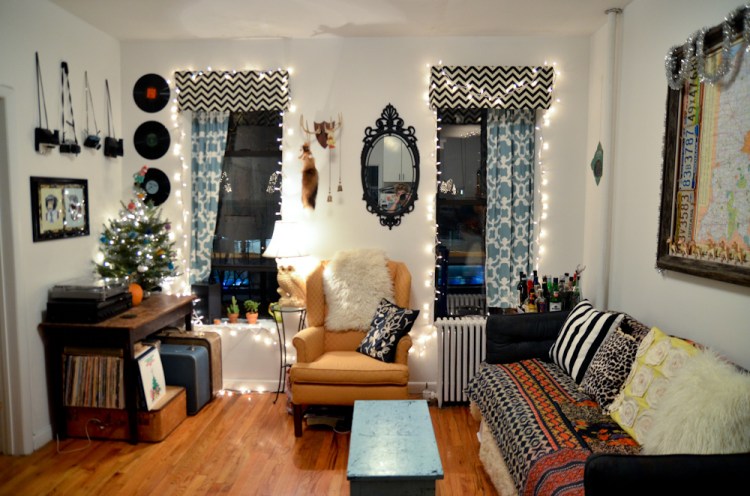Cribspot, a startup that helps students find cool places to live while helping small landlords manage their properties, raised $660,000 in seed money in a round led by Huron River Ventures and Detroit’s First Step Fund.
Cribspot, according to chief tech guru and co-founder Tim Jones, was founded by three former University of Michigan grads who after school worked at various startups in the Bay Area and Big Apple before bailing back to still surviving Detroit and launching. The startup is now based in Ann Arbor, just down the street from UM and its 43,000 students.
This is good news for Michigan’s fledgling startup scene. Cribspot was initially launched with a $11,000 grant from Jones’ college alma mater and by winning Detroit’s TechWeek award, $40,000 to be exact, in May.
Now that they have some breathing room, the small Cribspot team will attempt to build out their business model. And to be sure, they face an already entrenched list of competitors like Wisconsin-based Abodo, which does virtually the same thing and raised $1.2 million in July. Check out my Abodo story here.
June 5th: The AI Audit in NYC
Join us next week in NYC to engage with top executive leaders, delving into strategies for auditing AI models to ensure fairness, optimal performance, and ethical compliance across diverse organizations. Secure your attendance for this exclusive invite-only event.
That virtual dinosaur Craigslist also offers similar services, and their user-base is massive. And real-estate heavyweights Zillow, and its newly acquired Trulia, also offer similar services.
So Cribspot, despite its killer sounding name, has its work cut out for them.
However, Cribspot is entering a very fragmented market, which could work to its advantage. The company is focusing just on college students, and their often harried searches for ideal apartments, is, at this point, not dominated by any clear leaders.
Cribspot said it has already helped nearly 60,000 college renters from UM, the University of Wisconsin-Madison, and the University of Iowa, and a few others, attain their housing goals. But $660,000 won’t last long, so for the founders, it’s now a game of growing the company while still actively searching for venture money to keep the dream alive.

